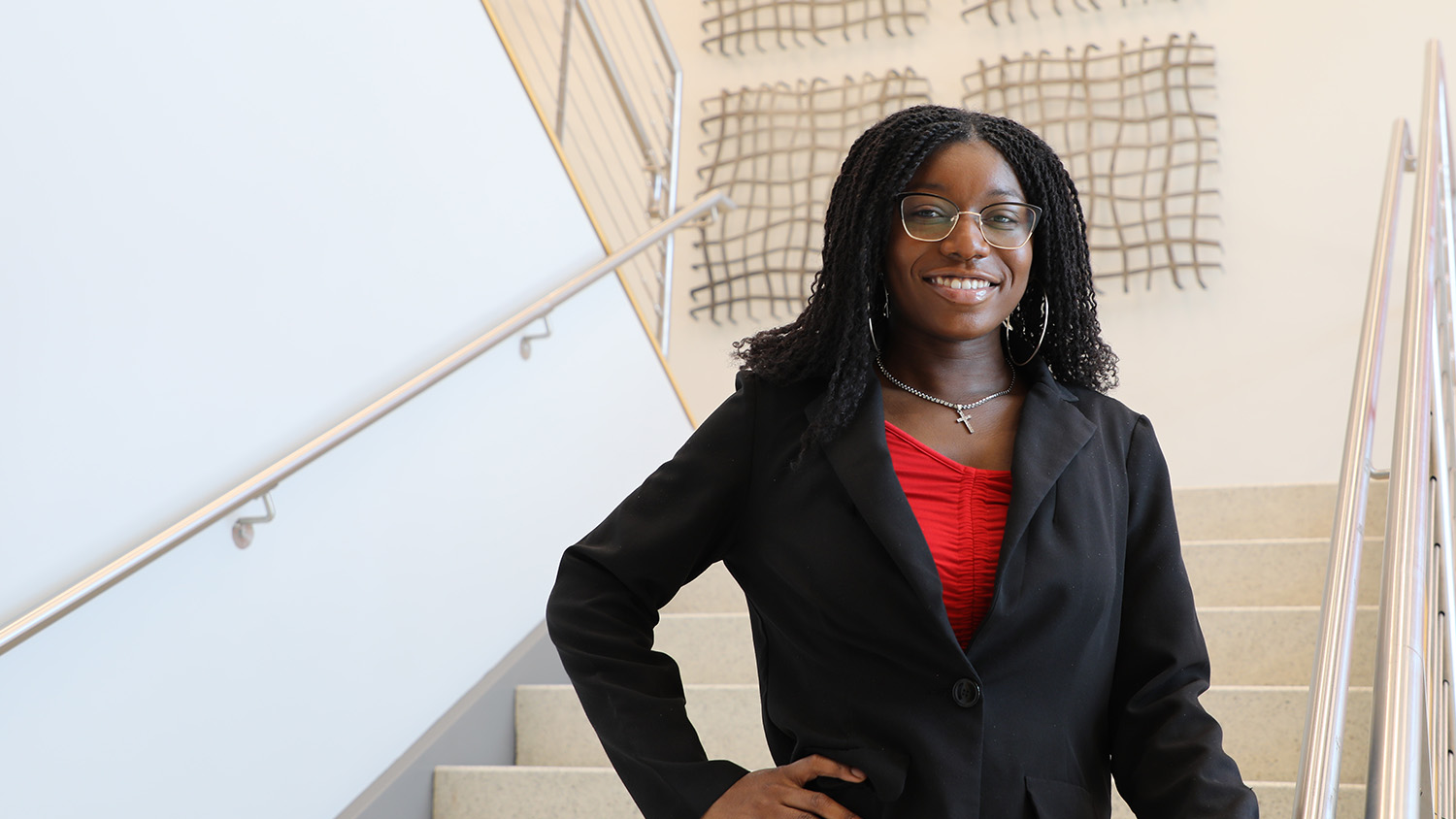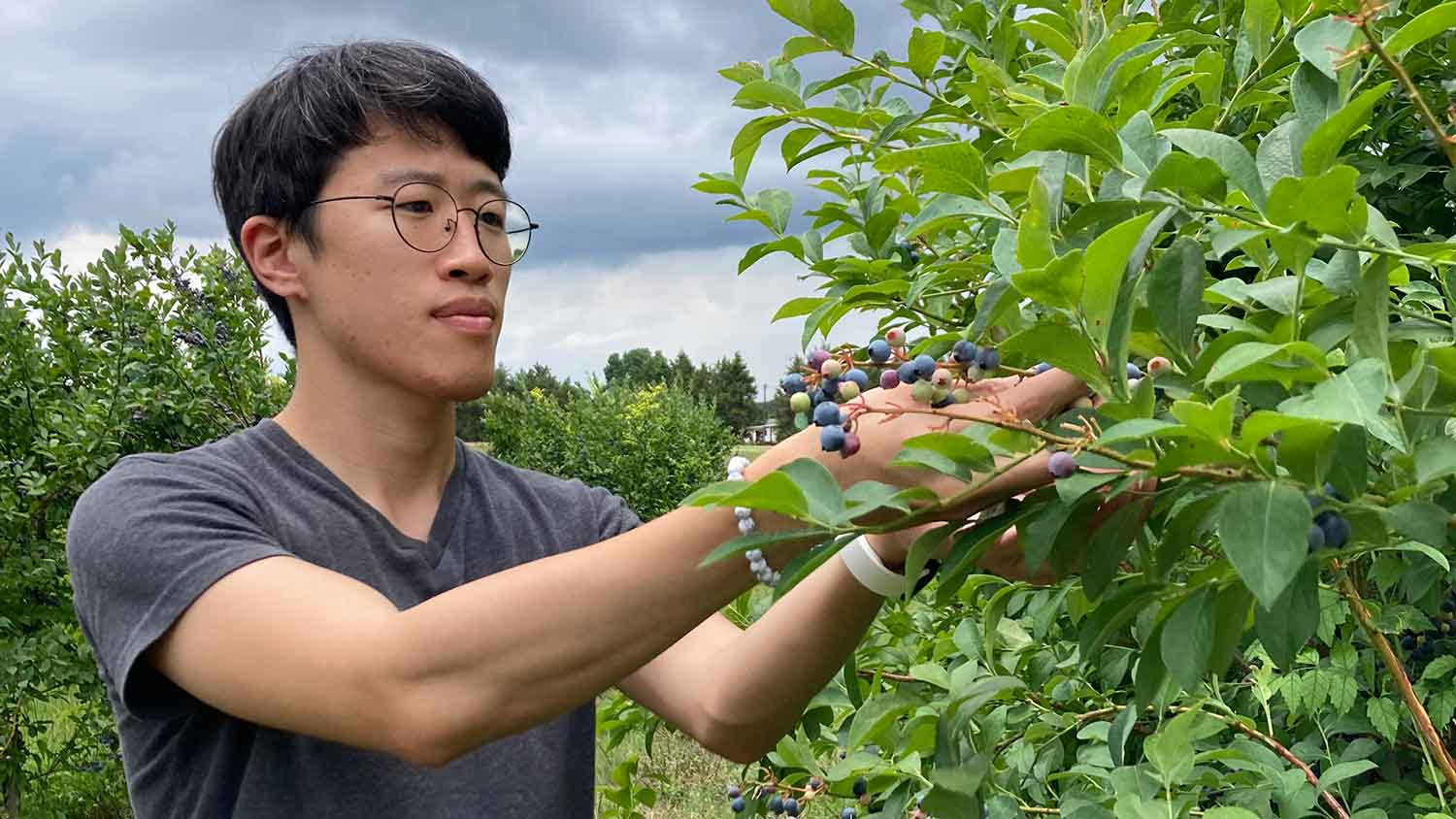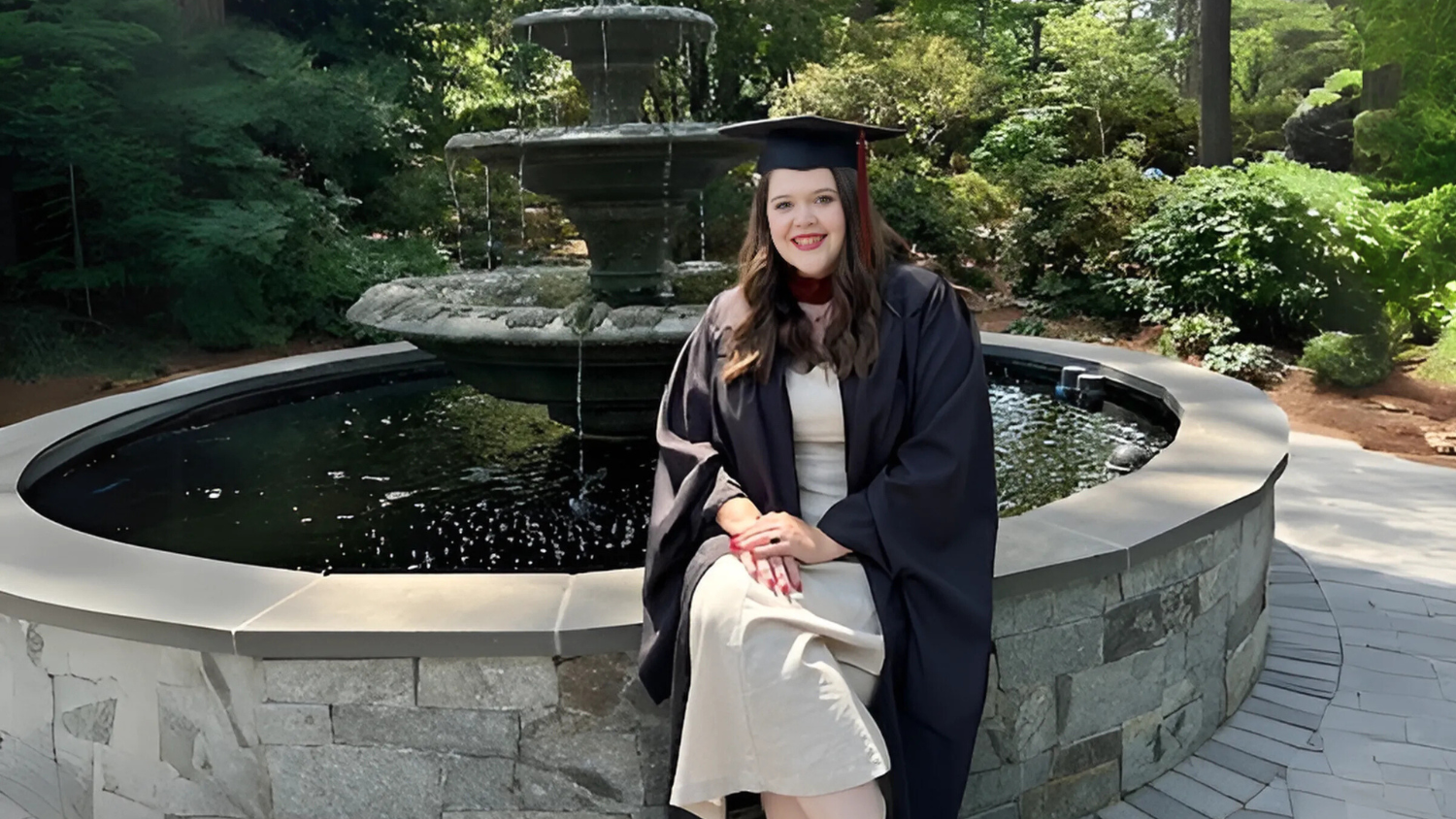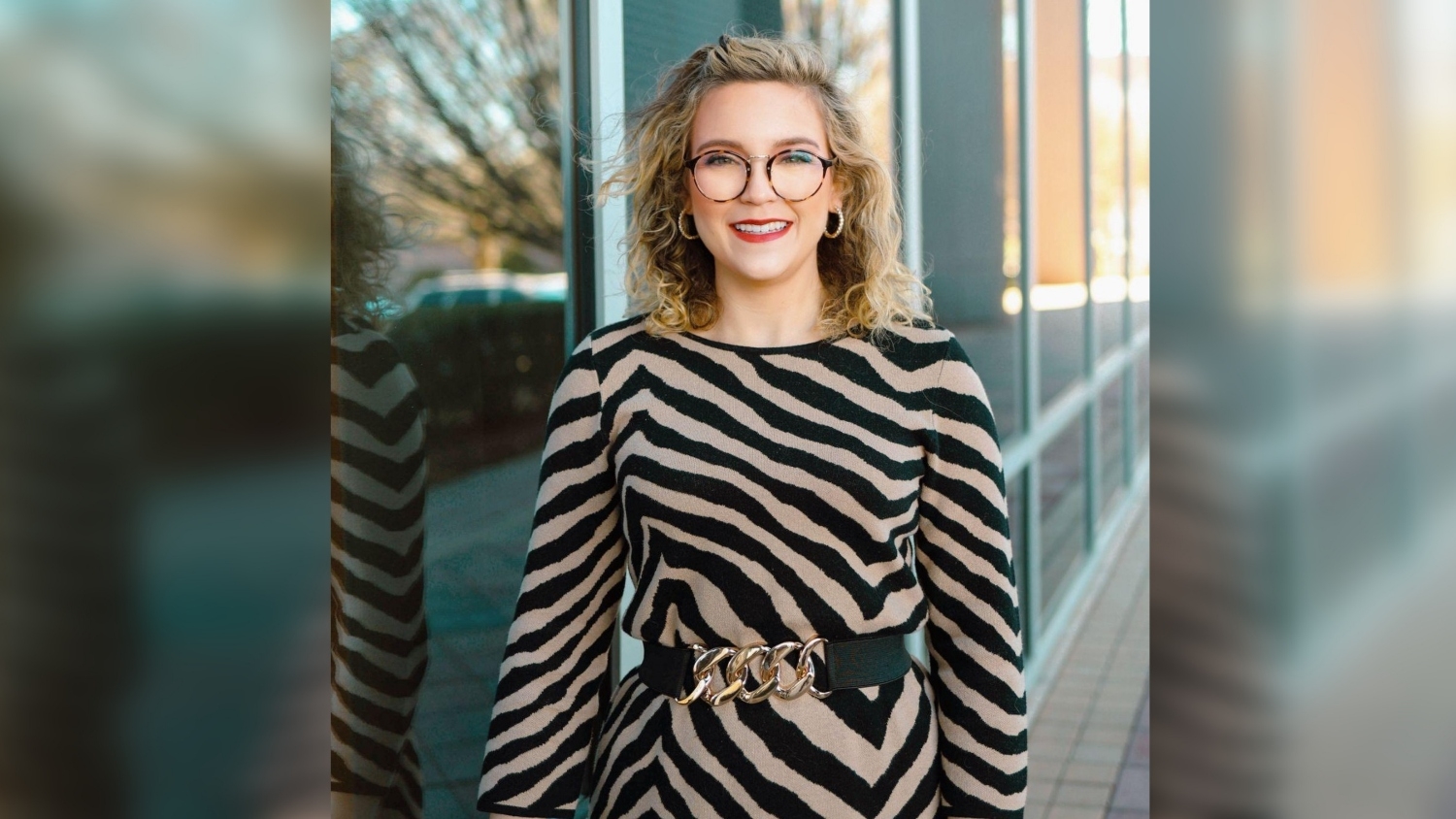Grad Student Profile: Destinee Wormack
Starting Strong: First-Year Graduate Students Share Their Semester Highlights

Tell us about your journey to graduate school and what led you to NC State.
I chose to pursue a doctoral degree to deepen my understanding of how counseling, health and education intersect — particularly in support of marginalized communities. My passion for addressing the maternal health disparities Black women face in healthcare settings reinforced my commitment to continuing my academic journey. After earning a master’s degree from North Carolina Central University, I was drawn to NC State’s supportive academic environment and its commitment to research that promotes community well-being.
NC State’s collaborative culture and emphasis on interdisciplinary research offered the ideal setting to expand my work in counseling and education. The university’s robust resources, distinguished faculty and strong dedication to diversity made it a natural fit for my goals. A pivotal factor in my decision to join NC State was the opportunity to work with Dr. Rolanda Mitchell, whose research focuses on equity and access to mental health care for historically underserved populations. Her work closely aligns with my own interests in Black maternal mental health — including postpartum depression, infertility, miscarriage and the effects of racism in healthcare.
Under Dr. Mitchell’s mentorship, I’ve found both inspiration and direction. NC State’s inclusive academic environment, combined with the Triangle area’s reputation for progressive, community-engaged research, continues to shape my development as both a scholar and practitioner.
Tell us about your research
My research centers on the mental health experiences of Black women, with a particular focus on the psychosocial determinants of Black maternal health — including perceived racism, stress, medical mistrust and postpartum depression. I have presented this work at events such as the Graduate Education and Legislative Day in Raleigh and UNC Charlotte’s Race, Religion, Health and Wellness Symposium. My thesis at North Carolina Central University explored how race, income and healthcare access intersect in shaping Black women’s maternal health outcomes. I also contributed to research on civic engagement among minority youth during my assistantship at Duke University.
For my dissertation, I plan to examine the mental health challenges Black women face during the perinatal period, especially in relation to infertility, miscarriage, abortion, postpartum depression and stress. This work will explore how these issues intersect with experiences of racism in healthcare and their collective impact on well-being. The goal is to inform more effective support systems and mental health interventions for Black mothers.
Teaching has been a meaningful part of my academic journey. As a Graduate Writing Assistant at North Carolina Central University, I supported students in developing their writing and communication skills across disciplines. I’ve also taught and co-taught courses on counseling, mental health and diversity — integrating my research interests into the classroom. These experiences have strengthened my passion for teaching and mentoring, and affirmed my commitment to academic and community-based scholarship.
How has NC State and the Graduate School played a role in your professional development?
NC State and the Graduate School have been instrumental in shaping my professional and academic growth. Through robust research support and community-centered experiences, I’ve gained the tools to refine my skills and pursue meaningful scholarship. The university’s collaborative environment has provided valuable opportunities to present my work, build confidence, and engage with peers across disciplines.
My involvement with campus initiatives, including the African American Cultural Center, has further enriched my experience and deepened my connection to the NC State community.
Mentorship has also played a critical role in my development. Personalized guidance—both within my program and through interdisciplinary collaborations—has helped me hone my research focus and connect it to real-world issues. This support has prepared me to pursue a career in academia and research, where I aim to continue addressing complex challenges through a lens of equity and inclusion.
What advice do you have for new or current graduate students?
My advice to fellow graduate students is to prioritize self-care and strive for a healthy balance between academic responsibilities and personal well-being. Graduate school can be demanding, but making space for rest, joy and community—through hobbies, friendships or service—helps sustain motivation and mental health.
I also encourage students to actively seek mentorship and build a strong support network. It’s normal to feel isolated at times, but connecting with peers, faculty and professional organizations can provide meaningful support and make the graduate experience more enriching and resilient.
What does the future hold for Destinee?
After graduation, I plan to become a Clinical Mental Health Counselor specializing in Black maternal health. My goal is to open a private practice that offers culturally responsive counseling for Black women experiencing pregnancy-related challenges, including postpartum depression and maternal stress. I envision a collaborative model of care—partnering with medical professionals, doulas, and social workers—to provide holistic support tailored to each client’s needs.
In addition to individual therapy, my practice will offer workshops and resources that raise awareness and address the distinct mental health needs of Black mothers. By combining therapeutic services with community-based support, I aim to improve maternal well-being and health outcomes. I also hope to engage with research institutions and advocacy organizations working to advance healthcare access and equity at a systemic level.
What do you like to do for fun?
I love playing volleyball!
Learn more about the Ph.D. in Educational Leadership, Policy and Human Development with a concentration in counseling and counselor education
- Categories:


